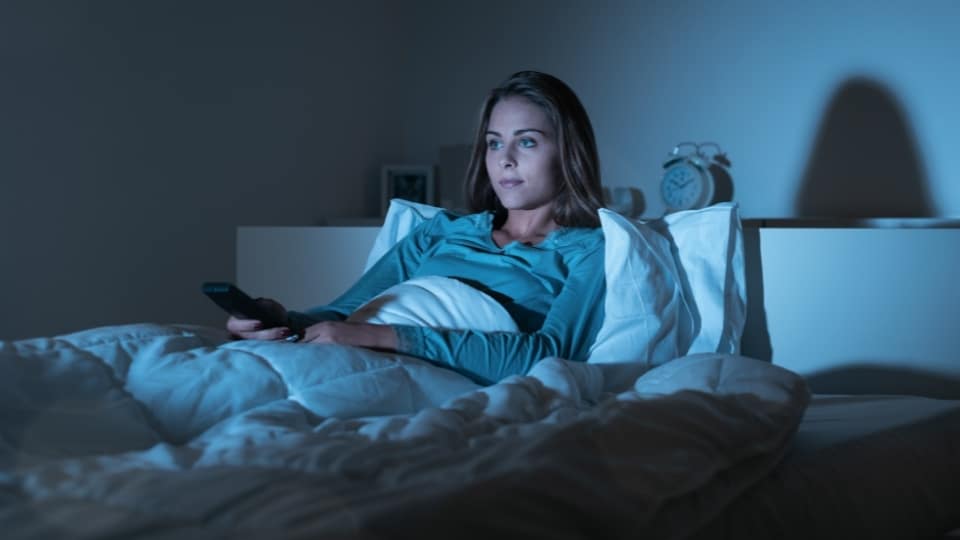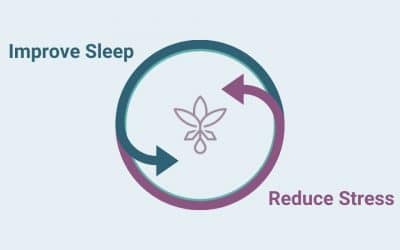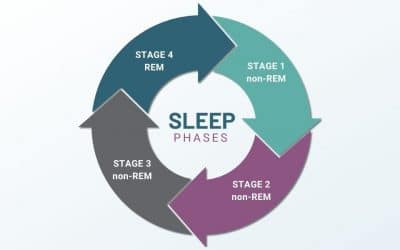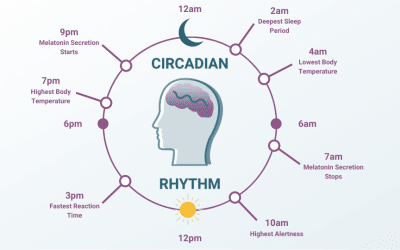Electronic light is everywhere in our modern world and for most, a typical night might include a tv show, playing a game on your smartphone, or a late-night email check. Any version of screen time before bed can have a negative effect on your sleep quality. To promote healthy sleep habits, shutting off all screens an hour before bed will help you get the best sleep; here is why.
Effects of Electronic Light on Sleep-Wake Cycle
Our electronic devices emit blue light from their screens. Blue light has shorter wavelengths than other colors of light visible in the light spectrum. Blue light causes you to be more alert than warmer light tones. Exposure to blue light in the evening stimulates your brain into thinking it is earlier in the day and will slow or stop the release of melatonin, making it harder to fall asleep.
Because of the wakeful effects of blue light, your circadian rhythm is tricked into telling your brain to stay alert instead of getting sleepy. Your circadian rhythm or sleep-wake cycle is a 24-hour cycle that dictates when you sleep and wake up. These natural rhythms work in sync with nature, triggering the body to produce cortisol to make you feel alert when the sun rises and when the sun sets, the body will start producing melatonin to induce feelings of sleepiness.
Blue Light and Your Brain
As you sit back and enjoy your tv show or scroll through your phone at night, you may be changing the natural process of your circadian rhythm and working against yourself. While it may feel like you are relaxing, blue light keeps your brain engaged and alert, preventing you from relaxing into sleep. As you absorb content from a film, or social media you are also triggering emotions and reactions, making it much harder for the brain to have downtime. The constant stimulation from our screens creates a heightened emotional state preventing you from falling asleep quickly.
Delayed Sleep and Electronic Disruptions
Your physical and mental health relies on quality sleep, and to make sure you are getting the maximum benefits of this, make your sleep environment cool, dark, and free of anything that would wake you. Electronic stimuli before bed can result in lost sleep and prevent the natural release of melatonin. People who tend to fall asleep with the TV on or wake up from noise and light stimuli may experience the negative effects of lost, broken sleep.
Create an Electronic Free Sleep Environment
To avoid screen time before bed, remove electronics from the bedroom and set a cut-off time for yourself each night an hour before you plan to sleep. Swap out your bedtime tv habit with a good paperback book. Here are some additional tips for creating a healthy bedtime routine.






